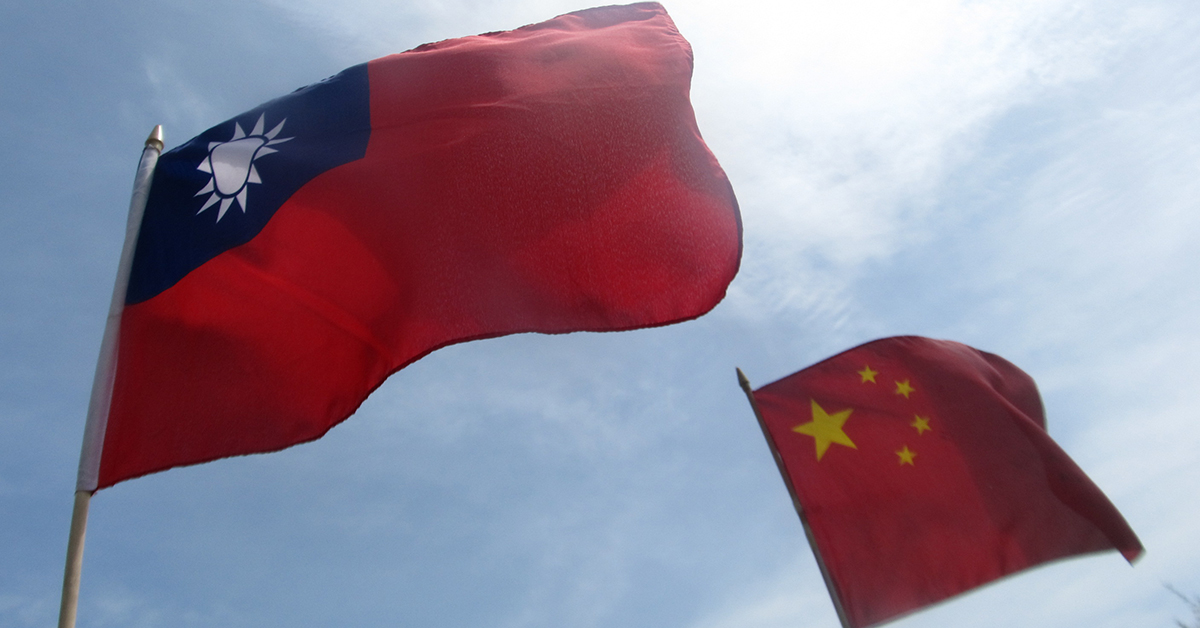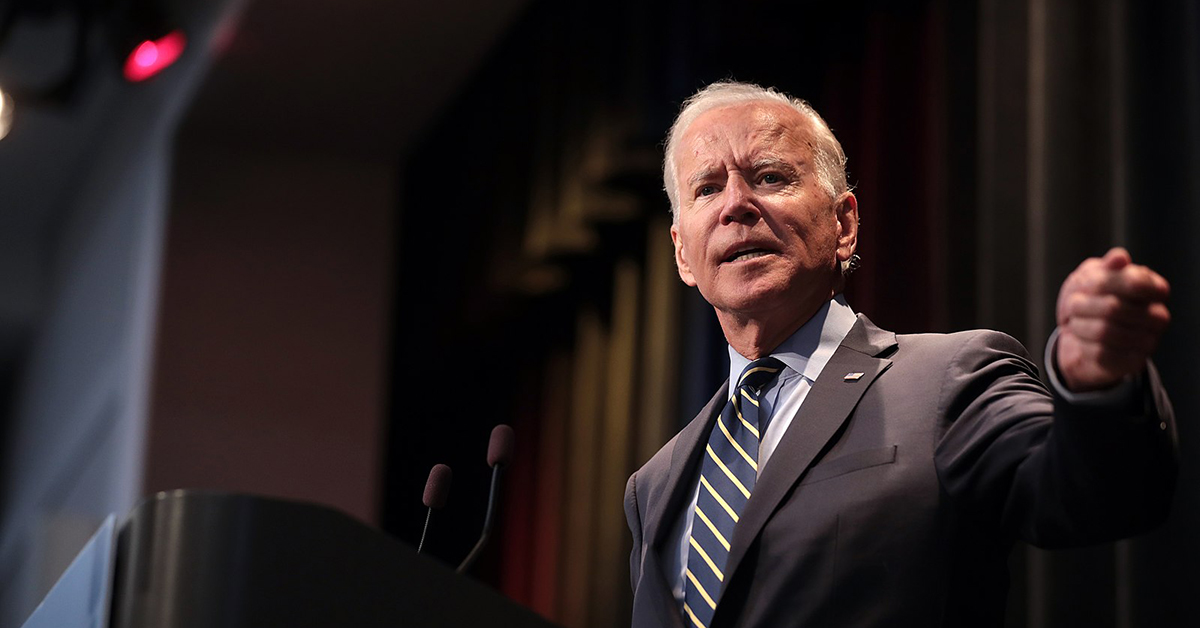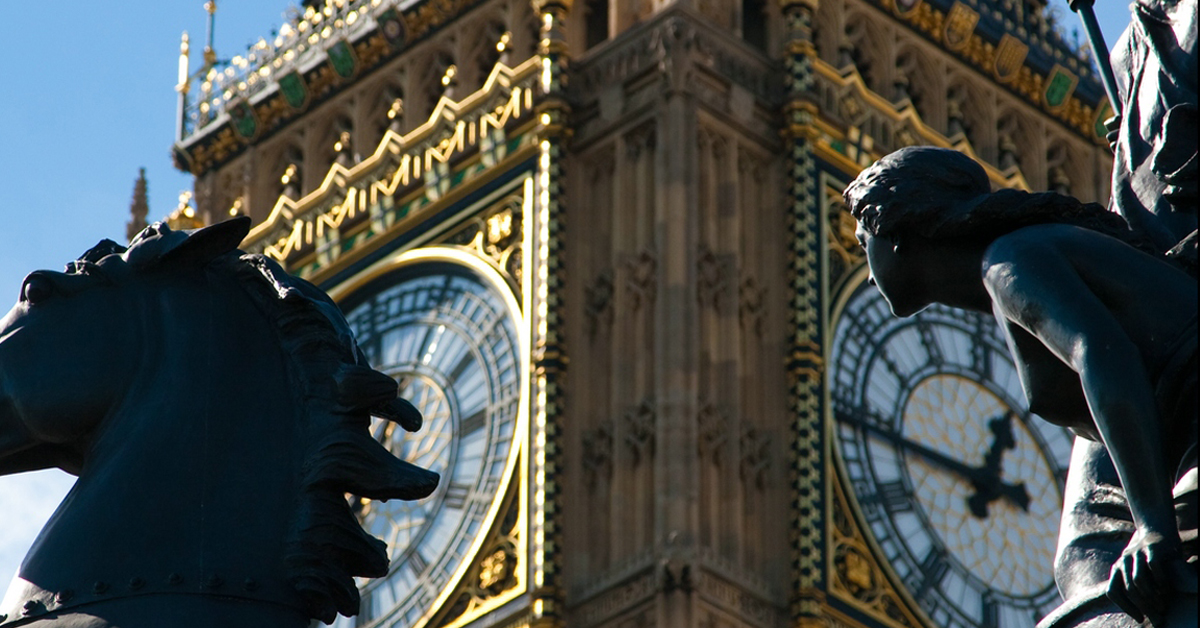Much like Sir Cliff Richard on tour, the Conservative Party leadership candidates will travel the United Kingdom over the summer, appearing on stage in various towns before audiences comprised predominantly of pensioners. For the duration of their most recent cabinet roles, Rishi Sunak was seen as dovish on China and Liz Truss was considered a hawk. Closer examination of the positions held by the candidates and their supporters reveals the shifting tectonic plates of the British political landscape as well as the constraints on China policy regardless of who wins power.
Before the series of Sunak-Truss leadership debates began, UK-China relations briefing ‘Beijing to Britain’ pointed out that Rishi Sunak’s approach to China would likely resemble a continuation of Boris Johnson’s course, pursuing economic ties as far as possible in an increasingly difficult environment. After likely identifying China as a weak point in his candidacy, Sunak’s team issued a combative press release on China strategy to win over Conservative members. In fact, Sunak’s finance and hedge fund background is not dissimilar to that of the original British architects of the ‘golden era’ approach. Looking back beyond the last few weeks, one finds little from him on Hong Kong and Xinjiang but rather, calls for “nuance” and “balance” in the UK’s approach to China. Liz Truss is considered a China hawk having offered (occasionally stinging) criticism of the party-state across a range of topics. In terms of the hustings, her weaknesses lie not in her position on China, a topic she will likely use to go on the offensive against Sunak, but the extent to which she believes what she is preaching. As with her Damascene conversion on Brexit, she is open to accusations of political opportunism.
Though the two candidates appear to represent distinct approaches on China, a look at their respective supporters suggests a far more complex picture. Widely considered the most pro-China of the two, Rishi Sunak received the support of Chinese party-state mouthpiece, The Global Times, an endorsement that was likely as welcome to the former chancellor as his family’s inclusion on this year’s UK rich list. One of Sunak’s most prominent supporters, however, has been Dominic Raab, who as Foreign Secretary announced sanctions on Chinese government officials and did not shy away from discussing the surveillance, torture, and forced sterilisation taking place in Xinjiang. Truss’ supporters include Kwasi Kwarteng, who as UK Business Secretary has attempted to avoid intervening in the Chinese takeover of British semiconductor company Newport Wafer Fab. Kwarteng eventually launched a probe into the sale in May this year, but it took a concerted effort from more security-focused MPs and a public letter from another recent Tory leadership contender, Tom Tugendhat, who had apparently exhausted other private channels before going public. In addition, one of very few economists to speak out in favour of Truss’ economic plans was Gerard Lyons. A “close ally” of Boris Johnson as well as a former adviser to Gordon Brown’s business council, Lyons is a board member of the Bank of China and former vice-chairman of the 48 Group Club – a strong advocate for UK-China links that has faced scrutiny for its links to the party-state. In this sense, the Tory leadership candidates and their positions on China hint at still-forming geopolitical fault lines. It is only a slight generalisation to talk of common cause on engagement with China between the free-enterprise right and anti-American left, as well as shared goals between national security right and human rights left on the other side of the argument.
Regardless of the eventual contest winner, outside factors will have a huge impact on the UK’s China policy in the coming years. The next US presidential election is just over two years away. Though the leadership candidates might not like to admit it, the outcome will have a massive impact on the UK’s approach to China, and much else besides. Victory for Trump or a Trumpian candidate, for example, would not only impact US allies’ relationships with authoritarian states directly, but would potentially have such a detrimental effect on global perceptions of America that the international order in its current form would come under threat.
In addition to the comings and goings in Washington, the UK approach to China is of course dependent on the Chinese party-state itself. Debate all too often assumes that UK policy is generated in a vacuum. Party-state actions in Hong Kong, Xinjiang, and in Beijing itself as General Secretary Xi consolidated power, have all impacted China’s international relationships. Over the last decade, key decisions made in Beijing have strengthened the country’s critics and embarrassed its supporters, alienating a range of neutrals in the process. There is an important lesson on China engagement here for the next UK prime minister: when the Chinese Communist Party is confronted with a choice between its own interests and those of China, the Party always chooses itself.
There is a further lesson for the new prime minister, and it is one that the current incumbent failed to heed. One must be vigilant to the myriad threats the Chinese party-state poses to democracies whilst acknowledging that defence of democracy and accountability is a war of two fronts. In facing authoritarian challenges from abroad, one must maintain decency and democratic values in conduct at home.
This article gives the views of the author, and not the position of the China Foresight Forum, LSE IDEAS, nor The London School of Economics and Political Science.






Completely agree with this thoughtful analysis Martin. Please keep up the good work you are doing to bring the threat of China to liberal democracies and how the UK should best respond to the wider population and government.
“The Truth” is Xi`s kryptonite.
It is essential that the UK and other liberal democracies reduce our dependence on China – and start NOW. We have 5 to 10 years to achieve a controlled decoupling before it will be forced upon us when China invades Taiwan.